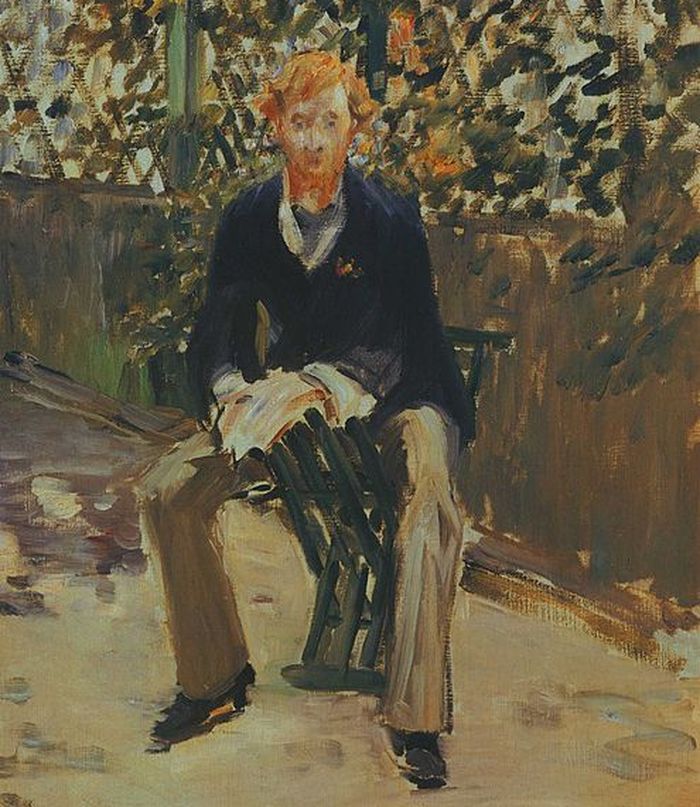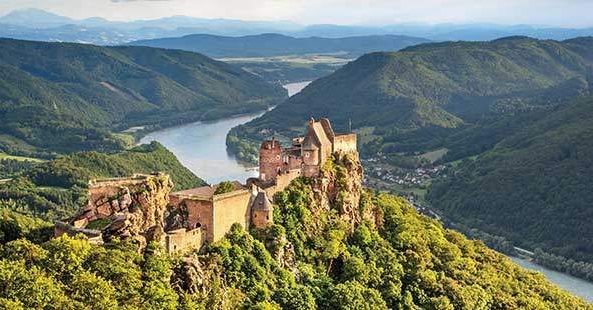The vassal Bulgarian Principality in Moesia, the autonomous region Eastern Rumelia in Northern Thrace, Macedonia and Odrin Thrace in the southeast, which remained under the power of the Sultan, Northern Dobmdzha (in Romania) and Bulgarian Pomoravie (in Serbia).
Every nation has the right to national unification without breaching foreign boundaries. The Bulgarians were the penultimate people to gain partial liberation (1878) in the Balkans before the Albanians. They were not happy to have been “liberated”; they wanted to fight in order to earn the right to live as free men.
Thus the national ideal of “unification of all Bulgarians under one common state roof` was boom and has passed into the new history of Bulgaria. A happy event for the Bulgarians was the Union of Eastern.
Rumelia with the Bulgarian Principality II (6 September 1885). The people rose against the ultimate will of the powers of the “European Concert” and, in the war against offensive Serbia, defended their determination to live together on both sides of the Balkan Range. The great military success made the Bulgarians believe in their own power and grasp the fact that they were capable of being victorious only when united.
Difficult position
A state developed in the middle of the Balkan Peninsula, whose rise promised a bright future. But the geopolitical location at the crossroads of Europe, Asia and Africa determined its difficult position as of a “strategic key”, “door” or “bridge” in intercontinental relations. The Great Powers imposed a “balance in the Balkans” which became the root of the sadly well-known “Balkanization” principle, supported by the selfish interests of international players.
Lands are not the main defining factor of social political relations of communities. The Bulgarians have proved that they know how to develop, adapt and transform the environment into a place suitable for a normal and functionally productive historical life, no matter what the physical geo graphic conditions are.
The historical development is not the road of nomads following their herds. It is a road of civilization, of contacts and conflicts in which the Bulgarian mediation has often fused different ethnic communities. The nomad is a guest in any land; his steps leave almost no traces, while the Bulgarians have been true to their choice because they have had a stable cultural historical impact.
For the Bulgarian, it is symbolically visualized by the symbol of a mountain, which represents both a peak citadel and a hope. With its reaching to skies, the mountain is a natural hierarch of space. It makes visible the start of the road to God.
Read More about War with the Scyths part 20








